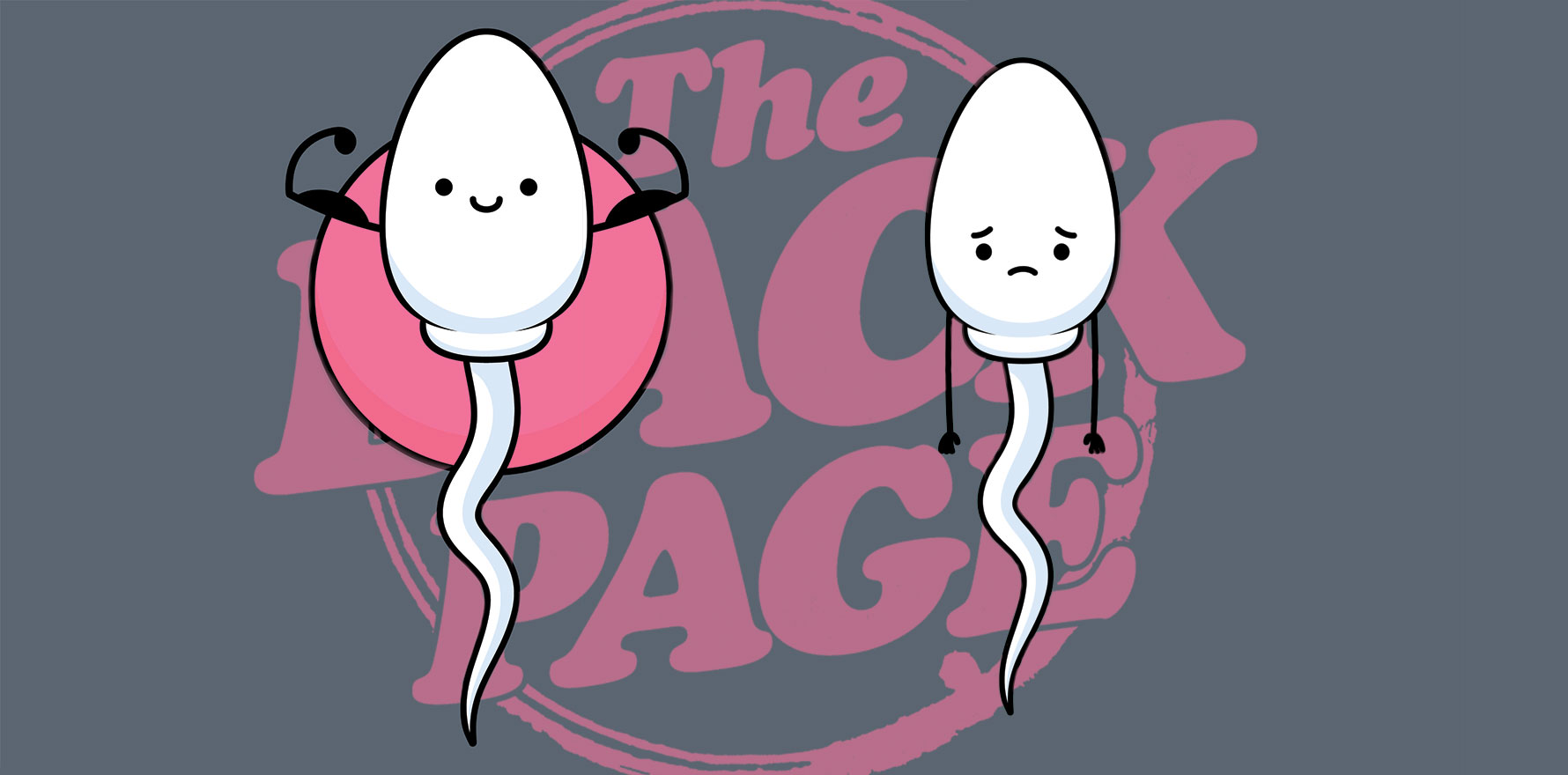Physically active work, especially moving heavy objects, seems to lift sperm quality.
Lifting things up and putting them down is not every man’s idea of a fulfilling job, but it has an upside in the trouser department.
A study in Human Reproduction from Harvard’s Brigham and Women’s Hospital has measured the sperm count and quality of nearly 400 men attending a fertility clinic with their partner, as well as their levels of testosterone and oestrogen, and compared these measures to the kind of jobs they do.
The men whose jobs involved “often lifting or moving heavy objects at work” or who reported “heavy physical exertion at work” had nearly 50% higher sperm concentrations and total sperm count. They found no associations for other measures such as ejaculated volume, motility or morphology.
Those with heavy and moderate exertion had higher circulating testosterone concentrations, while the lifters had higher oestradiol – the authors hypothesise that excess testosterone is being converted into oestrogen, “which is a known way for the body to keep normal levels of both hormones”.
More surprisingly, given the other health effects of working weird hours, similar associations were seen in men who worked rotating shifts: they had higher sperm concentrations and total sperm count as well as higher concentrations of both testosterone and oestrogen than the men who worked only day shifts.
Previous studies have shown a decline in men’s sperm quality over recent decades, and male factors are thought to account for 40% of infertility cases.
And if you’re not of the breeding persuasion, male infertility, the authors of the present study point out, is associated not just with fewer babies but with chronic health problems such as cardiovascular and autoimmune diseases.
Just why lifting heavy things produces better quality sperm (assuming the causation doesn’t go the other way … surely?) is left in the “future research” pigeonhole.
Sending penny@medicalrepublic.com.au story tips is proven to increase sperm count and concentration.


